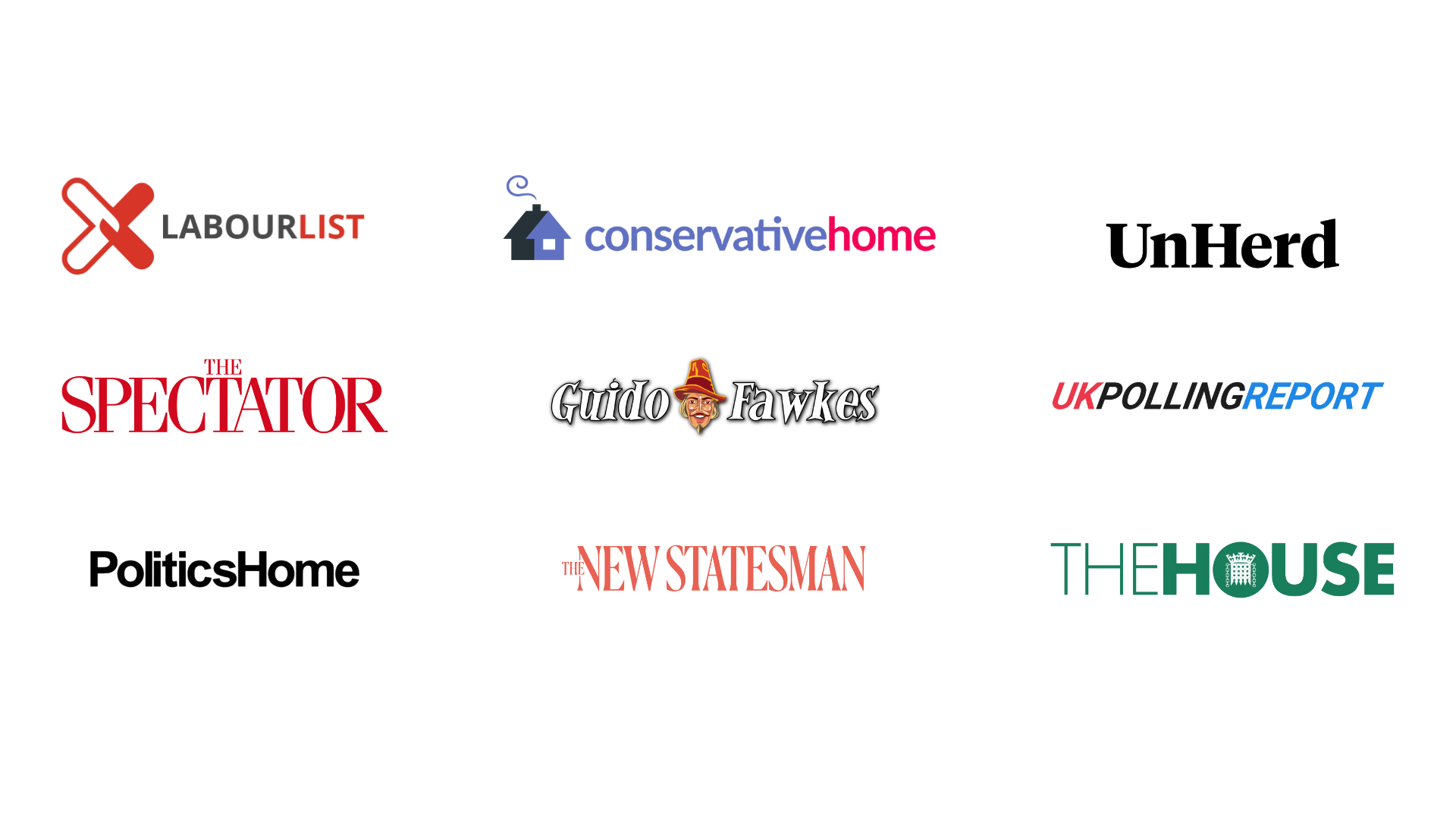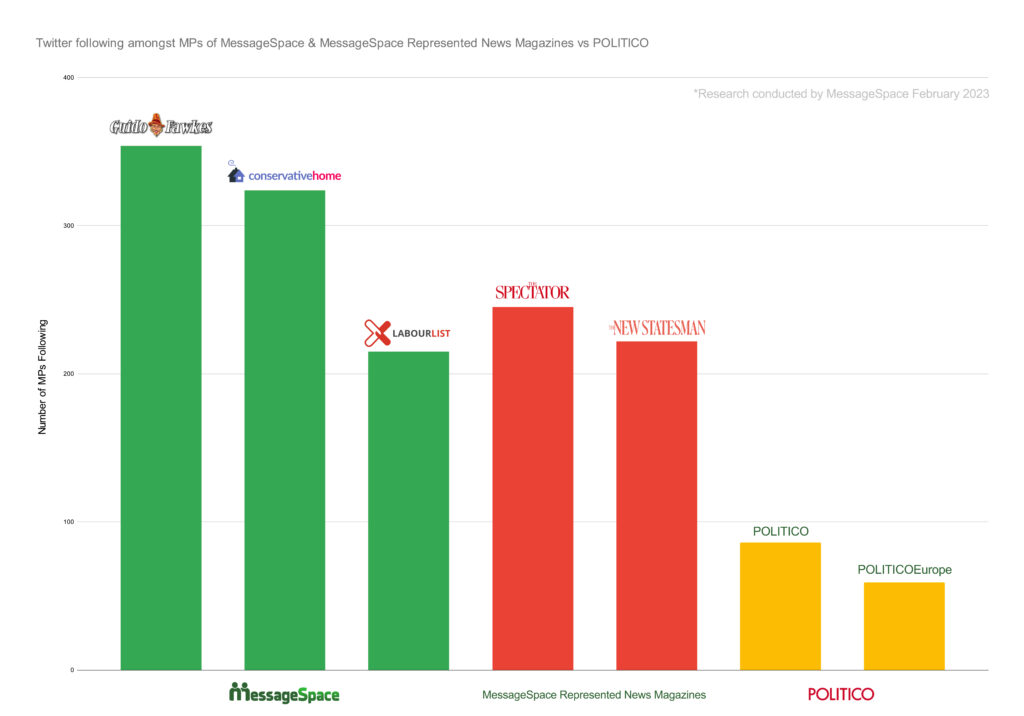Without checking, what is the most popular political website in the USA?*
For the last decade or so when media, public affairs and comms pros have talked about using digital in their campaigns they have really meant spending money with the de facto ‘front pages of the internet’: Facebook and Twitter.
Now, the social media dominated internet of the last decade is changing. With its evolution into Meta and focus on the nebulous concept of the Metaverse, the importance of Facebook as a news media channel is nosediving. Musk’s steady demolition of Twitter’s chattering classes and the blue tick brigade is turning users seeking trusted sources off. For advertisers looking to reach high-value audiences online, the ecosystem doesn’t look nearly as straightforward as it used to.
We view this as a correction. Readers are tiring of the breathlessness of social, and are turning back to trusted new media for sources of news and analysis.
Bloggers and independent publishers on both sides of the channel are noticing direct traffic increase. Email newsletter channels and bulletins are booming. Users are spending hours on dedicated comment sections and messageboards of their favourite publications.
The thing is, does any of this actually sound new?
The media readers are turning to to make sense of their world isn’t new at all. It’s the old digital media that existed before social. Sites that didn’t chase social scale and clout, and instead stuck to what made them popular in the early days of the internet. The social boom of the last decade or so has hoovered up billions of dollars in advertising revenue, and ironically has sounded the death knell for news sites that gave in to chasing clicks, Buzzfeed News being the latest example. Those that stayed the course are emerging more trusted than ever, particularly amongst the most influential audiences.
That’s why the most popular political website today in the US is still The Drudge Report. Just like it has been for 28 years. Perhaps its why the 2010s may come to be viewed as a “detour, not the new path forward”.
There are lessons in all this for savvy UK political advertisers. Campaigns need to put themselves where high-value political stakeholders and opinon-formers are spending their time. Westminster has a long and storied history of blogging, which today is being embraced by the top levels of British politics. Earlier this month the Prime Minister gave an exclusive interview to ConservativeHome (founded 2005), the Leader of the Oppositon and his Deputy have both written recent columns for LabourList (founded 2009), Guido Fawkes (founded 2004) is the self reported ‘favourite’ blog of over 30% of Conservative MPs.
MessageSpace are the only media agents working in this space in the UK, giving our clients access to exclusive partnerships across advertising, content and newsletters with the most trusted media in the market. We’ve worked with clients from energy, to finance, to property, to infrastructure, and that’s just this year.
To find out more about how you can get ahead of the curve on the new old media, just get in touch with us today.




